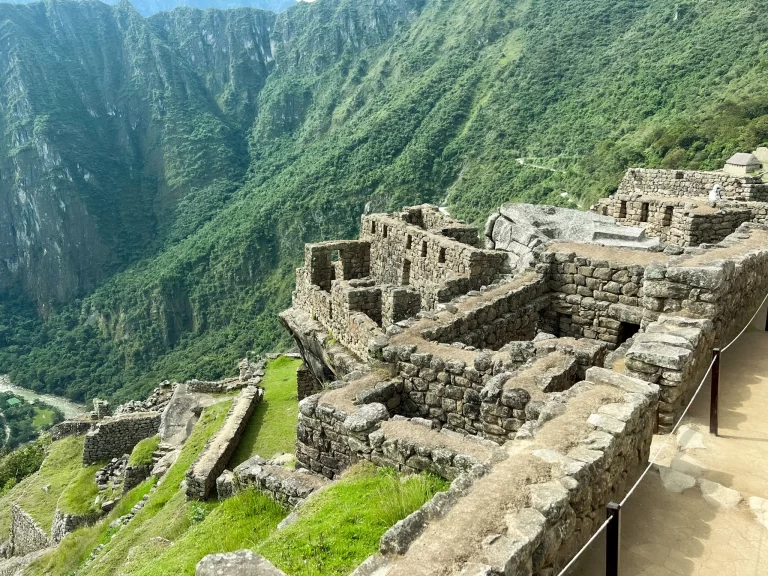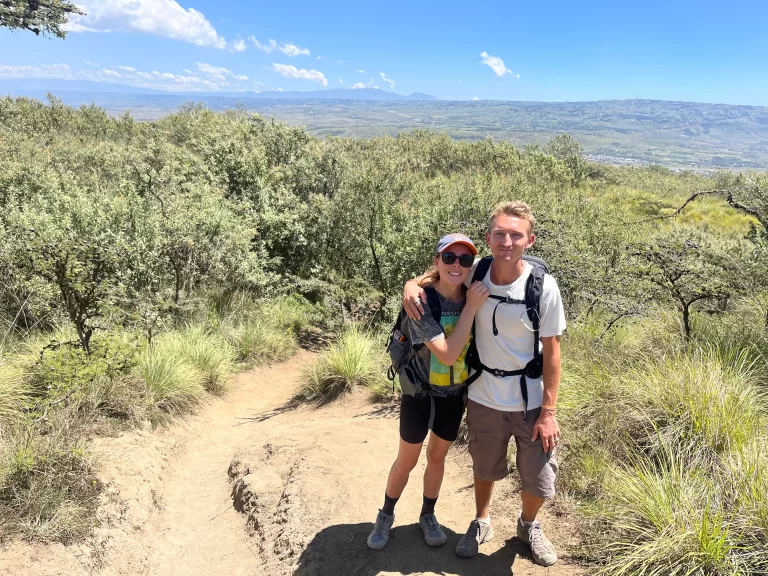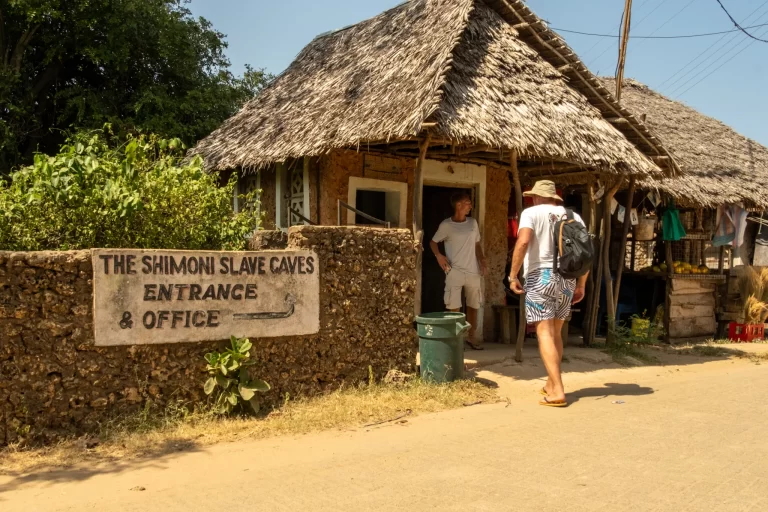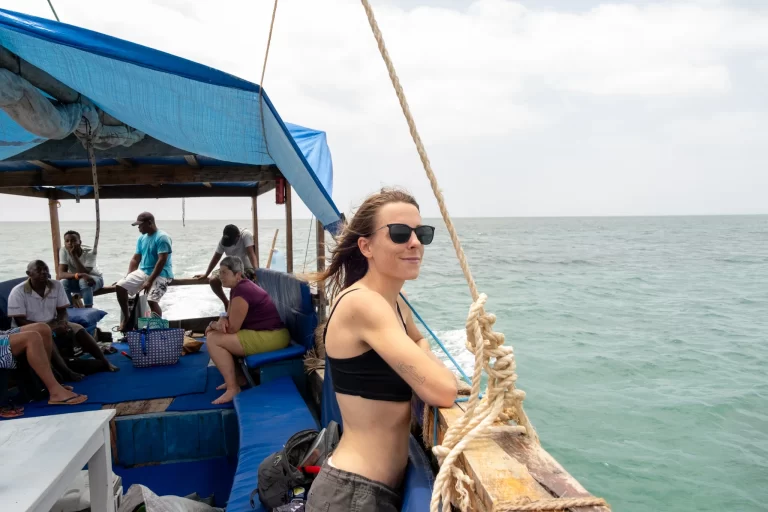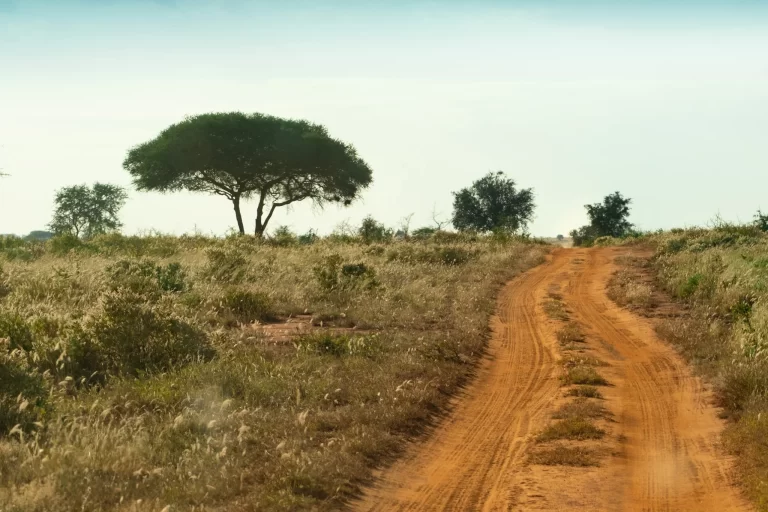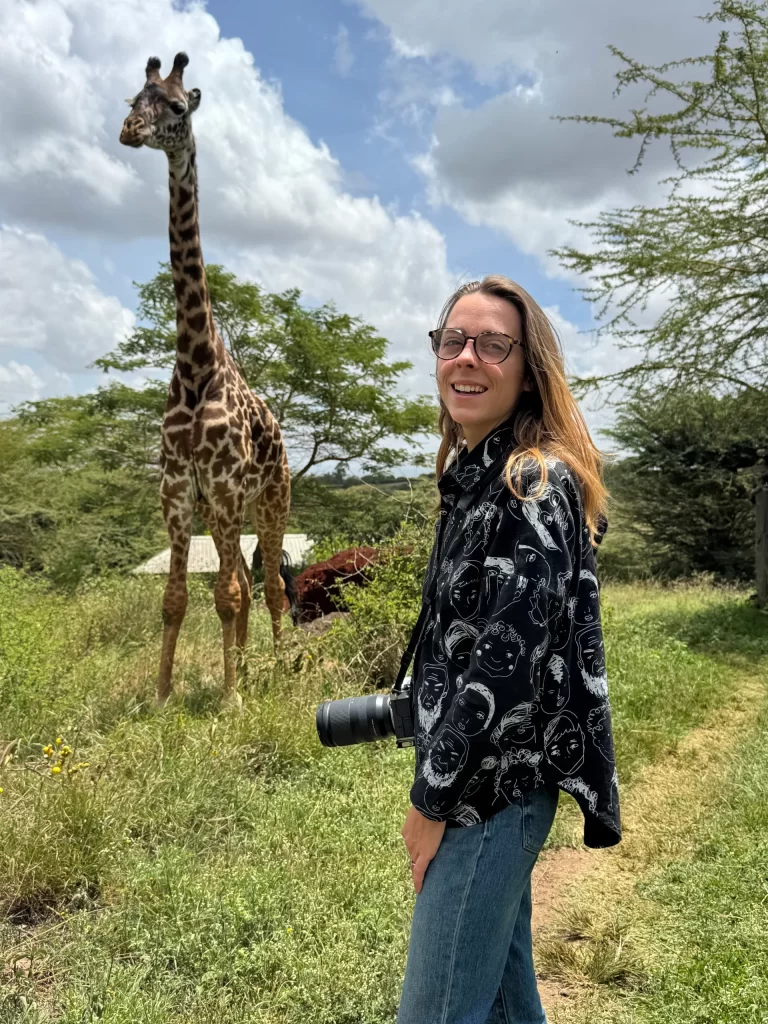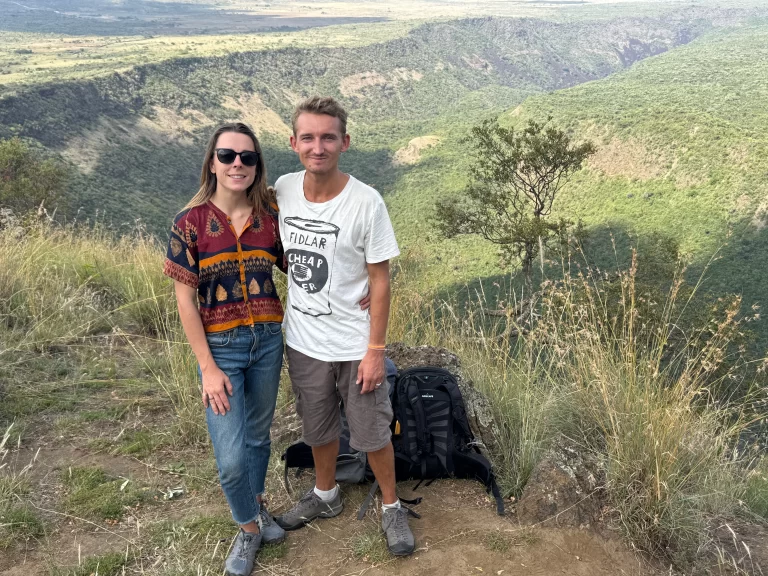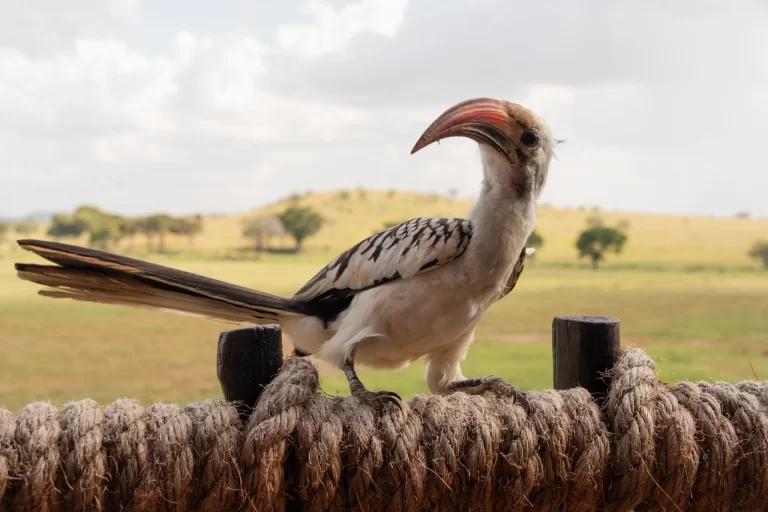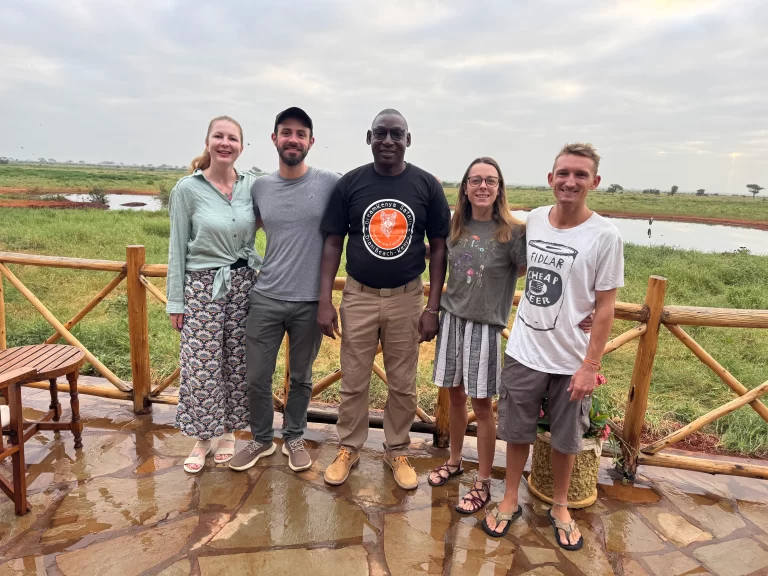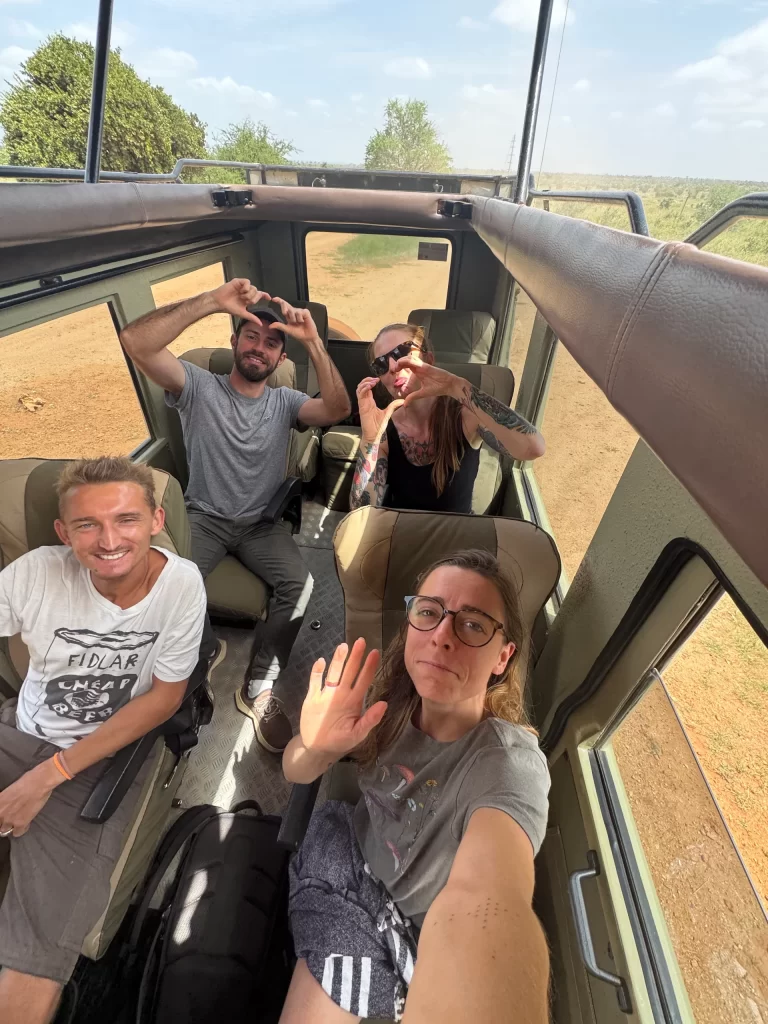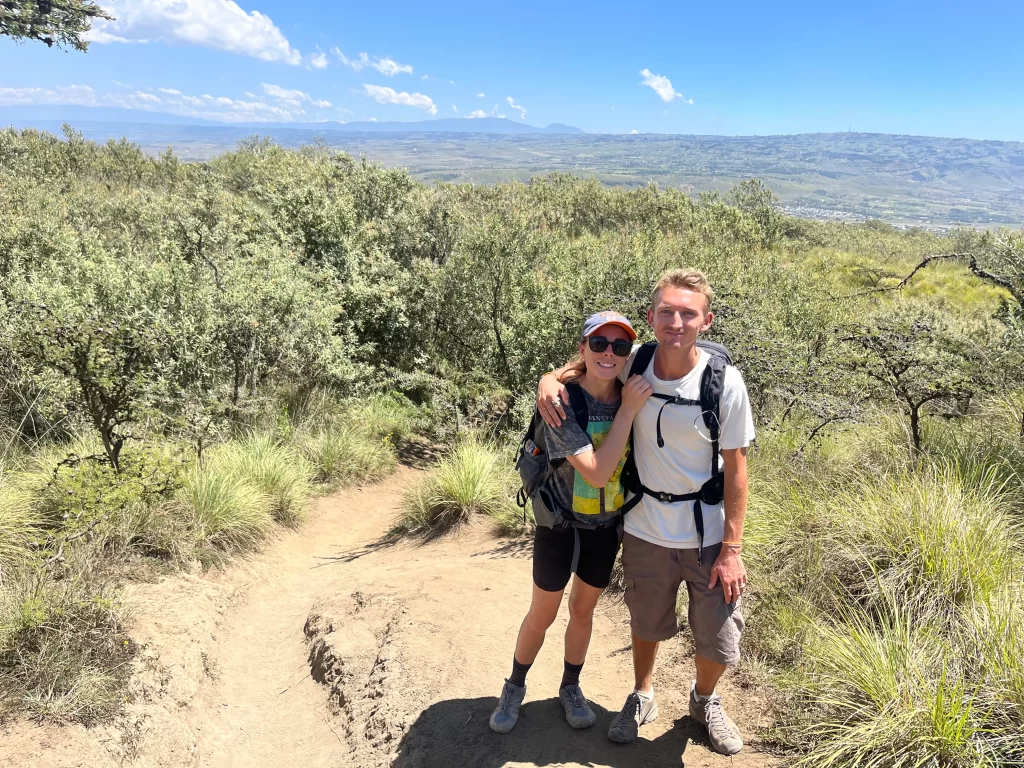
So, what is slow travel anyway? Slow travel, or slow tourism, is a style of travel that focuses on an immersive experience rather than speeding through a packed itinerary. For example, let’s say you have two weeks off and want to go explore a new country. A fast-paced traveler may try to see as much of the country as possible, spending two nights in each location while trying to hit all the hottest tourist attractions. A slow traveler might choose to spend their time in only two locations, immersing themselves in the daily life of the locals and focusing on authentic experiences. The benefits of slow travel are truly endless, but we are going to take a look at the four biggest benefits of slowing your trip down and focusing on depth rather than breadth.
Experience Real Life, Not Just Tourism
You have two weeks in Mexico and want to get a taste of real life there. This trip, you’ve decided to try slow tourism. You spend most of your time in one or two locations and see how the locals live.
The first thing you decided was to stay in a quiet neighborhood, away from the main touristy neighborhoods. You loved your leisurely mornings at a neighborhood cafe and watching the locals buy their groceries at the local market.
You even made a local friend! At your neighborhood coffee shop, there was a sign-up for a language exchange. You went and met a local who was trying to improve their English while helping you learn some Spanish. They gave you tips on the coolest attractions in the area and ways to avoid the tourist traps. Your new friend even took you out with their friends one night to share food and drinks. Getting an insight into the real lives of locals was invaluable. This made your experience on this trip unforgettable, and it’s all because you got to experience real life in Mexico.
Finding the Hidden Gems
Slow travel allows you to experience genuine life in a country and opens up an incredible number of opportunities. One of the biggest benefits, however is the ability to find hidden gems rather than just hit the tourist hot spots. Staying longer in one area can allow you to look beyond the most recommended stops and find spectacular hidden gems.
Imagine you’re visiting Angkor Wat in Cambodia. A fast traveler rushes to see all the main temples, trying to maximize their one-day temple pass. In contrast, as a slow traveler, you had a full week in Siem Reap. One day, you chose to take a scenic ride an hour outside the city to explore a breathtaking temple hidden deep in the jungle. With no crowds or tour groups around, you spent the day wandering through the ancient ruins, this hidden gem was the highlight of your trip.
Relax, You’re On Vacation
Another huge benefit of slow travel is the ability to take a moment and relax. Travelers who pack their itineraries full of multiple cities and daily excursions get to see a lot, but they may return from their trip more exhausted than they left.
Vacation isn’t supposed to burn you out. Packing your bags every couple of days and trying to navigate new locations and hectic transport can be super stressful. Slow tourism allows you to relax and enjoy the time you have off without getting worn out.
Slow Travel Costs Less for You and Helps Locals More
This may be one of the most underrated parts of slow traveling. Packing your itinerary with constant transportation and short stays can add up. Every extra flight, bus, or train is money you could be spending on nicer accommodations or more unique excursions. Slow travel is not only more budget-friendly but offers much richer experiences.
Additionally, slow travel allows your money to benefit a broader range of people in the community. Instead of concentrating your spending at major tourist hotspots—where the same businesses and individuals profit time and time again—you support local restaurants, shops, and services that may not typically see as much tourism revenue. This more balanced distribution helps sustain the local economy and creates a more meaningful connection between you and the places you visit.
For all the reasons above and more, consider slow travel for your next trip. You can experience real local life, find the true hidden gems, travel stress-free, and even save a buck or two!



